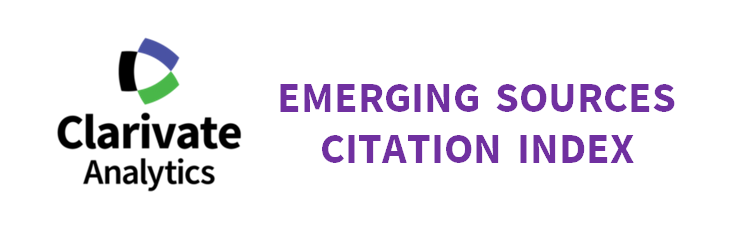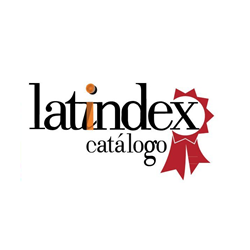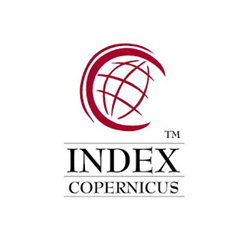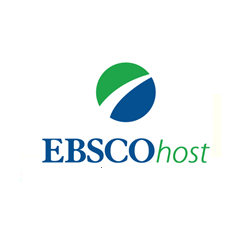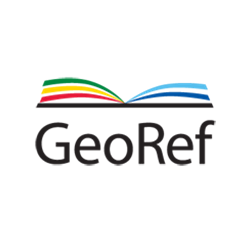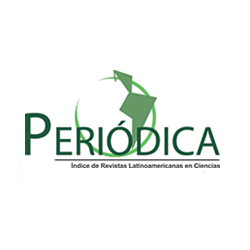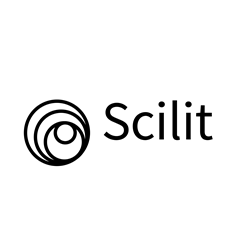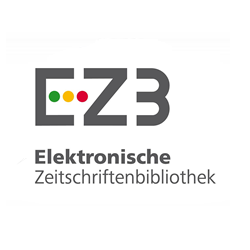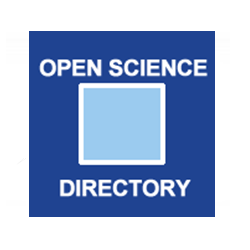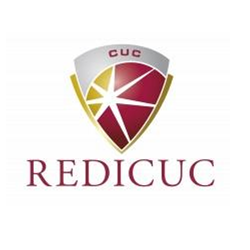Publication Ethics
Authorship
INGE CUC accepts the definitions and considerations of authorship defined by COPE. The authors, through the Cover Letter, certify the fulfillment of these parameters of authorship, the non-existence of ghost authorship or gift authorship. They declare the consent of all authors on the submission of the final version of the manuscript.
Before paper’s publication, authors must send the Copyright Agreement document (Spanish). This form has to be completed and signed by every author.
Plagiarism
Authors are responsible for the material included in the manuscripts: tables, graphs/figures, photos, illustrations, etc. and likewise, should declare these do not infringe copyright.
Every paper will undergo a strict review process and will also be scanned using a plagiarism detection software; therefore, total, partial, or paraphrased copy without their corresponding reference source, as well as any other malpractice and wrongful information use will not be tolerated.

In case a paper fails to meet the above-mentioned originality criteria, it will not be considered for publication, or it will be withdrawn from the Journal when a lack of originality is indicated after publishing. In this case, the Journal will issue a correction note.
INGE CUC is an Open Access publication, which allows anyone to access and verify full-text papers without any limitation or fees. If you as a reader have any questions about an article, your questions, comments, and suggestions will be answered through the email address: revistaingecuc@cuc.edu.co. You can also send a letter to the Editor at the same email.
If you detect scientific errors or possible ethical problems, please contact us, to initiate the respective investigation and take immediate action. If an error or ethical issues are confirmed, the corresponding correction or retraction process will be initiated.
Corrections of major errors after online publication will be published separately in an Errata document at the close of each issue.
In case of small errors that do not influence the understanding of the study will be corrected on the online versions in the first 15 days of publication.
Retractions are published when authors, readers or editors find important errors in the published article, whether they are unintentional errors or the result of scientific misconduct.
The editors will study each case and will contact authors and reviewers before making the final decision of the retraction. For this purpose, the recommendations protocols defined by COPE will be used to identify misconducts or malpractices.
Conflict of interests:
INGE CUC monitors closely any conflict of interests during refereeing processes. Hence, review procedures involve experts in the paper’s field of study who have previous scientific publications. The peer review process is defined as Double-blind, which implies that neither the authors nor the arbitrators will know the identity of each other. This allows avoiding any biased management of the document.
Finally, in agreement with the peers’ comments, both the Editorial Committee and the Editor, come to a general consent to whether the paper will be accepted, returned for modifications, or rejected. Such decision is delivered to the author by the Editor.
Likewise, authors are invited to have all the required permissions for information diffusion when other institutions or people are involved. Additionally, previously published results, acknowledgments, funding sources, and collaborators need to be established clearly.
Research fraud:
INGE CUC only accepts original papers, as results of scientific research processes. Thus, authors must deliver complete information about the research from which the paper is derived. Similarly, during the review process, peer reviewers will assess considerations regarding methodologies, results, and conclusions in order to establish the coherence and certainty of the shown information.
An overview for the review form is available at
Equally, it is strongly advised that authors have availability and evidence of the data used since these, as well as the rest of the content’s sources, may be requested by the Editor.
Duplicated presentation of an article:
INGE CUC clearly establishes in the Author Guidelines that papers submitted for publication must not have been already presented or be undergoing review processes in other publications where a grant of rights is required. Papers must be original and unpublished, and all authors must give their written consent for publishing. Authors commit to INGE CUC to maintain these terms until a final decision has been made regarding publication.
Hence, it is strictly forbidden to submit the paper to two or more journals at the same time. Also, authors must grant the document’s originality through the aforementioned letter document of originality.
As INGE CUC’s plagiarism policy states, paraphrasing needs to be clearly and properly established, even for ideas derived from several sources; in these cases, the original text must be cited between quotation marks with its corresponding reference source.
The Journal has also defined that papers previously published in other languages will not be published by INGE CUC. Despite this is a common practice managed through editorial rights, INGE CUC lacks this option.
Fragmentation
INGE CUC states that every paper must be original and unpublished. The fragmentation of large works may confuse readers. Thus, authors are invited to cite properly whenever their papers relate to already published contributions. Relevant information shall not be repeated since this can be perceived as coincidences infringing originality criteria established by the Journal. Besides, authors need to be at the Editorial team and peers’ disposition to provide any information regarding prior published work.
INGE CUC declares with these policies its intention of maintaining publishing ethics and best practices in publications. Every criterion established preserves COPE’s considerations, as well as Elsevier’s Research and Publication Ethics (http://www.elsevier.com/editors/publishing-ethics/perk). For more information, contact the Editor: revistaingecuc@cuc.edu.co.

 English
English
 Español (España)
Español (España)
